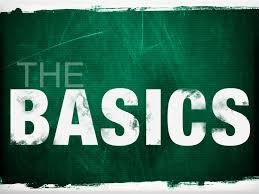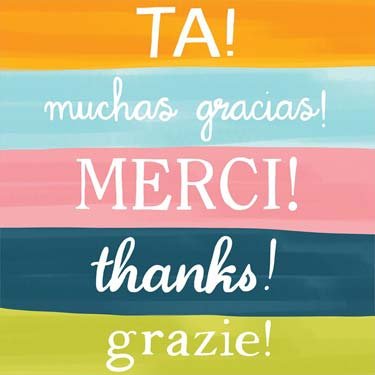Have you ever dreamed of doing what you enjoy the most for a living?
Well, that is exactly what feel every day when I teach languages. I could write hundreds of blogs to describe why I have fallen in love with them and the benefits of learning a second, third or even more languages. However, today I want to talk to all of you who already are motivated to start learning, but probably feel a little lost or overwhelmed for what to study or where to start.
People have asked me to tell them what the most accurate path to master a language is. I used to own an English Academy and I have come up with a formula that works for most people (in the end, each person is different, but this will surely help). This will not only be a beginners’ guide, but something those who already know the basics of the wanted language should take into account.

Before we start, let’s first know what aspects we must develop to say we are fluent in a language:
1- Speaking.
2- Listening.
3- Writing.
4- Reading.
1 and 2 are what we need for a spoken conversation, 3 and 4 for written communication.
So, now that we know what we need to be fluent at a language, let us see the aspects that once mastered, will give us the proficiency to accomplish the above mentioned:
1- Vocabulary.
2- Grammar.
3- Pronunciation.
4- The capability to put all of that together.
You would need no more than that to be able to speak a language properly. Sounds easy, right? Well, this is just where the fun begins and the path is just getting started.
In my experience I suggest you start following the next steps with discipline and perseverance.

1) Ground Zero: Master the TENSE ASPECTS, basic VOCABULARY (Pronouns, around 20 verbs, 15 adjectives, 25 nouns and 24 prepositions and other aspects) and PRONOUNCE them correctly!
If you do this, you would have very likely accomplished something very important.
Not many people like grammar, but believe me, it helps you so much to organize your ideas properly. Knowing ALL of the tenses of a given language at once is a very clever idea specially to communicate basic ideas.
Learn those few words and you will be ready to take off! Here I’ll show you the tenses and basic vocabulary I would recommend students to learn first in English. Notice that if it is a different language what you want to learn, you could just use Google translator or something alike to translate the words I’ll show you. Also, remember to master the pronunciation of those words! Google translator gives you the alternative to listen to those words, so try to play them on and on. You must be very careful when translating, as there might be differences, but just try to look for alternatives to the words I will show you.
Notice that depending on the language, you should take into consideration the verbs could be conjugated according to their pronoun, tenses, genre, etc.
- Pronouns:
I | You | He | She | It | We | You | They
- Verbs:
To be (am, are, is – was, were)
Can | See | Have | Do | Make | Speak | Talk | Want | Go | Come | Write | Listen | Teach | Learn | Take | Like | Love | Hate | Feel
(And others if you want of course)
- Adjectives and adverbs:
Good | Bad | Well | Fast | Slow | Big | Small | Fat | Thin | Heavy | Light | Intelligent | Beautiful | Ugly | Pretty
- Nouns:
Person | Man | Woman | Animal | Thing | Mom – Mother | Dad – Father | Brother | Sister | Dog | Cat | Teacher | Student | Worker | Boy | Girl | Children | Friends | School | Hospital | Airport | Hotel | Car | Bycicle | Body | Money
- Prepositions or other aspects:
And | Or | With | For | To | From | Today | Tomorrow | Yesterday | In the morning | In the afternoon | At night | After | Before | What | Where | When | Who | Why | How | This | That | These | Those
Most languages work with the following tense aspects:
- Simple Present
- Simple Past
- Simple Future
- Present Continuous
- Past Continuous
- Future Continuous
- Present Perfect
- Past Perfect
- Future Perfect
- Present Perfect Continuous
- Past Perfect Continuous
- Future Perfect Continuous
Of course this will not be enough to speak a language, but it is the first step to get into the basis for it. This will work with most of languages.
Thanks for reading, there will be more steps for proficiency in upcoming blogs, so give me a FOLLOW to learn more. We’ll specially emphasize on practice matters later on.
